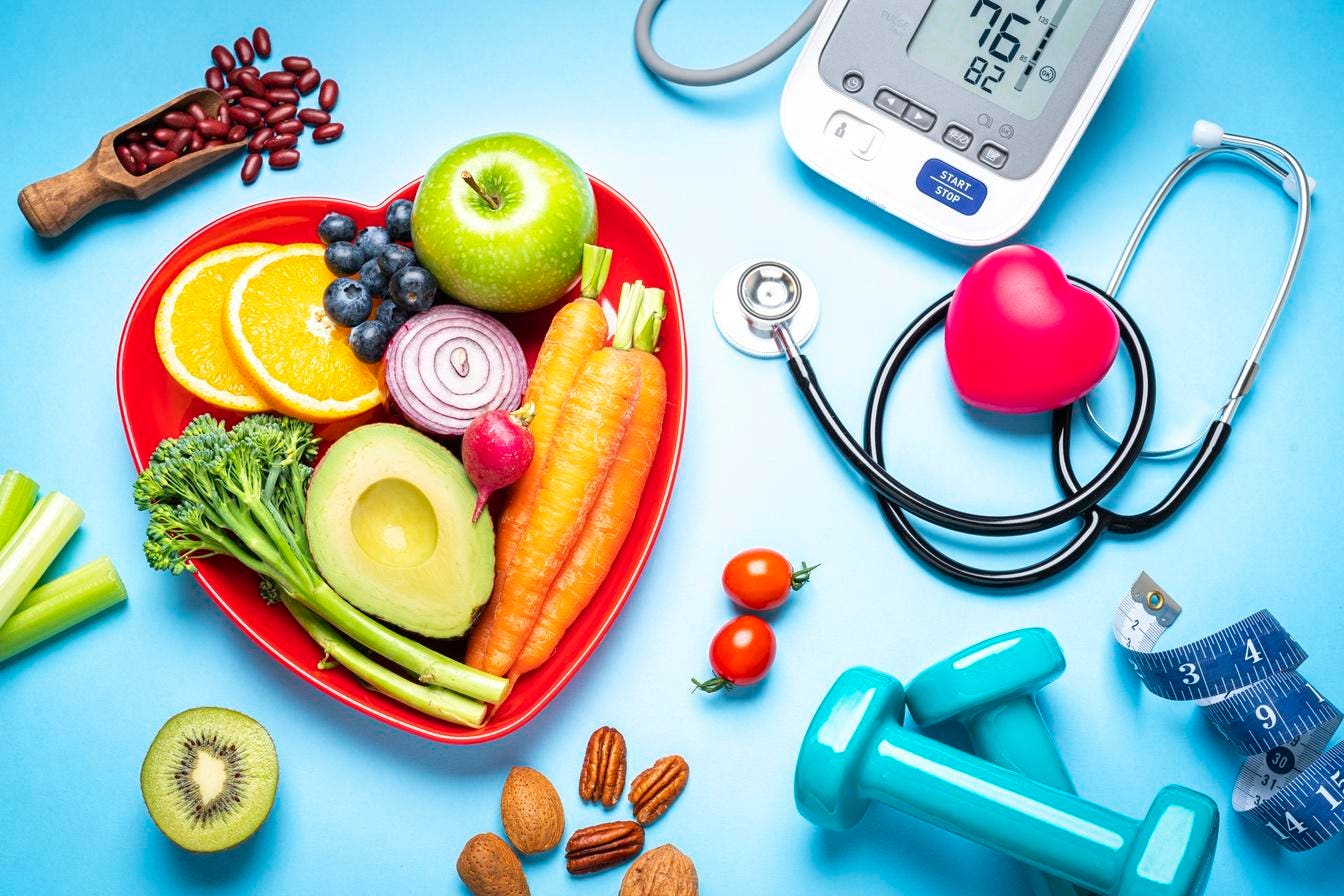
During the holiday season, we are presented with a myriad of tempting foods, much of which is unhealthy and can deplete us of energy. You don’t have to be a rocket scientist to know that good nutrition, along with ample sleep and good exercise, provide fuel that promotes your health, mood and mindful productivity at work. We have known for years that there is a direct link between diet and our physical health. Scientists, for example, have discovered that the Mediterranean diet reduces risks of cardiovascular disease. Research also shows that there is a direct relationship between our dietary patterns and mental health. The study’s authors state, “The results of this trial suggest that improving one’s diet according to current recommendations targeting depression may be a useful and accessible strategy for addressing depression in both the general population and in clinical settings.”
“Connection between food and mood is becoming not only more well known, but also more well researched,” according to Dr. Teralyn Sell, psychotherapist and brain health expert, “It is no secret that inflammatory foods such as sugar have played a pivotal role in physical health, and now we have made the connection to mental health as well. Neurotransmitter pathways (brain chemicals such as dopamine and serotonin) rely on a variety of nutrients to create the transmission. You are what you eat is a catchy saying, but one that holds true. Your mood relies on your food.”
Healthy brain foods boost your mood, health and work performance. Pay attention to the food on your plate, and ask if it promotes overall brain health. Proteins—such as meats, poultry, dairy, cheese and eggs—give your brain the amino acids it needs to create neurotransmitter pathways. Plus, it stabilizes blood sugar. Omega-3 fatty acids such as salmon, mackerel, tuna and sardines help your brain with mood. Vitamin B is essential for brain wellness and can be found in eggs, whole grains, fish, avocados and citrus fruits. And Vitamin D—found in dairy products, beef liver, orange juice or egg yolks—is an important mood stabilizer.
But naming the healthiest diet raises controversy, according to Chris Mirabile, founder and CEO of NOVOS. “Advocates for each diet, whether it be vegan, keto, paleo, pescatarian, Ornish or others—all claim to know the secret to superior health, with weight loss as an added bonus—and they each have a handful of studies to point to in order to substantiate their claims.”
Mirabile states that the average person will try as many as 126 diets in their lifetime, many right after the hyper consumption of the holidays. But he acknowledges that one diet stands out from the rest when it comes to evidence for short-term and long-term health biomarkers and outcomes: the Mediterranean diet. “Not only is this diet the foundation of some of the longest lived centenarians (100-109 years old) and supercentenarians (110+) in areas known as ‘Blue Zones,’ including Ikaria, Greece, and Sardinia, Italy,” he explains. “It may also reduce one’s risk of heart disease, women’s risk for stroke, help with weight loss and maintenance, improve blood sugar control, prevent type two diabetes, improve arthritis symptoms, be protective against certain types of cancer, stave off depression and may even prevent cognitive decline, including Alzheimer’s disease.”
But Mirabile told me by email that a new diet has made upgrades to the popular Mediterranean diet. Known as the NOVOS Longevity Diet, he says it extends the human lifespan and helps you stay younger and healthier for longer. While the Mediterranean diet places too much emphasis on grains and allows for the possibility of nutrient deficiencies, the NOVOS Longevity Diet uses six rules to modify the Mediterranean diet:
- Veggies: Vegetables are the base of the longevity diet, legumes, mushrooms, quinoa, and oatmeal are a healthy addition.
- Carbs: Replace bread, potatoes, pasta, and rice with the above.
- Meat: Eat little or no red meat and replace it with fatty fish, lean poultry, tofu, whole eggs, or mushroom-based meat substitutes.
- Drinks: Drink 0.5 to 1.0 oz per day, mainly water, a few cups of tea (green, white, chamomile, etc.), and one glass of freshly pressed, fiber-rich vegetable, or low in sugar fruit juice. Coffee is healthy in moderation. Alcohol: maximum one drink per day, include alcohol-free days.
- Dairy: Replace dairy with plant-based alternatives. Cheese and yogurt are allowed in moderation.
- Supplements: Take smart health supplements and smart longevity supplements focused on lifespan. Supplementing with essential vitamins and minerals is a 21st century NOVOS Longevity Diet upgrade to the traditional Mediterranean Diet.
Many of us put work tasks before our mental and physical health. That takes a toll on our health, productivity and longevity. The human body was not designed to be desk bound or stay on red alert 24/7. Nor does it function on bad nutrition, mindless eating when we “grab, gulp and go.” Having the right amount of good energy and fuel in the body makes us feel good mentally and physically and contributes to our productivity and career trajectories. And finding the right healthy diet can even add years to our lives.
Whatever you do, avoid abruptly turning your dietary habits upside down. Introduce healthier foods slowly to increase your chances of success. Take it one meal at a time, replacing unhealthy foods with more nutritional choices such as serving baked chicken instead of fried chicken. Set limits on when you eat, only at three set mealtimes a day, and stick to them. And finally, gauge your appetite by the clock, not by your emotions after a long hard day at the office.
